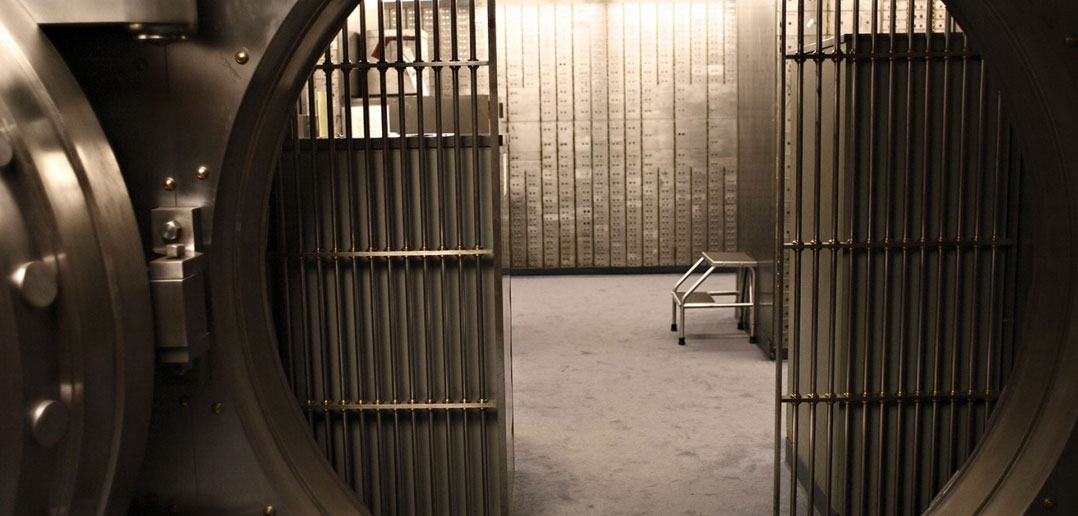Nairametrics| Nigerian banks are worth more on papers these days. The industry according to Nairametrics data, has a price to book ratio of roughly 0.8x. This means the market values the financial sector 20% less than its book value. In essence, Nigerian banks are not even worth anything close to their equity.
For instance, Skye Bank and Unity Bank have the weakest price-to-book ratio, which measures the stock price against the value of assets minus liabilities. Skye Bank and Unity Bank price to book ratio of 0.048 times and 0.086 times, validates analysts’ assertions that the two lenders are technically insolvent.
Both banks have been seeking ways to boost capital buffers and profitability to reverse a slump in their shares, which has left them trading at less than what investors would expect to receive in the firms.
Last year, the central bank sacked the board and management of Skye Bank as it seeks to restructure the lender and avoid a repeat of 2009 financial crises that saw some banks being bailed out.
The situation is nearly the same for tier 2 banks. Diamond Bank has a 0.48x, Fidelity Bank0.32x, FCMB 0.16. and Union Bank has o.31x.
Of the Tier 1 lenders, FBN Holdings has the weakest valuation as it trades at 0.21 times book value. This compares with GTBank’s 1.39 times book value and Stanbic IBTC Holdings’ 0.96 times book value. Zenith Bank, UBA and Access Bank each have price to book ratios of 0.67x, 0.37x and 0.39x respectively.
Nigerian banks risk continuing to have poor valuation if the economy doesn’t recover from its slumber this year. With the country still in recession and the currency crisis still pervasive it is unlikely that the market will be in a hurry to change its mind.
This means policy makers will have to find a solution to the liquidity squeeze caused by a shortage of foreign exchange.
Also, the 2017 budget has to be implemented in an efficient and expeditious manner in order to bolster consumer spending and enable contractors pay monies owed to banks.
In 2016, Nigeria’s banking industry was in full blown crisis as bad loans spiked and capital adequacy dented on the back of default from customers that were hard hit by economic downturn.
But there is a silver lining. A rebound in the price of oil due to OPEC decision to cut output could bolster banks asset quality as borrowers especially in the upstream oil and gas sector can repay interest on loans. More recently, shares of bank stocks have risen on the back of renewed sentiments that full year 2016 results could be better than thought. Smart money is moving him but seasoned investors will tell you the frenzy won’t last long. At least, not until Nigeria sorts out its fiscal and monetary policy mess.








we will see,unbiased analysis to who or by whom ? a foreigner,now on what basis are you resting your views,is it based on cbn risk management or this basel ratio of loan to deposit.WE NIGERIAN WILL DECIDE WHAT IS RIGHT FOR OURSELVES.
WE ONLY LISTENS TO THE CBN AND THE MINISTRY OF FINANCE,any analysis is merely a personal opinion.this banking crisis in 2007/2008 especially in united kingdom or america happen this way,take the royal bank of Scotland,they borrowed from the money market,they bought banks in Holland with questionly balance sheet,with a short time,they had assets closed to a trillion worth,they bought the british westminister and paid about $500 million for a stake in Chinese construction bank,while it’s share equity was worth about 60 million pound,,premiun makes up the rest,so are most brtish bank,they do not not have any reserve
With America banks especially,the causes of the stress in American bank was about weak risk analysis and control,as chuck prince said of one of the boss of the investment bank said ” AS THE MUSIC IS BEING PLAYED WE ARE DANCING”
once there is money to lend,we will lend, in this form of fusing of debtThis is what happened,once this business confidence is being eroded,the crunch hit everybody,money market dries up,business unit cannot refinaces their business,bank cannot lend any more,becase they exceeds their deposit.
Without govt intervention,the RBS would have collapse.this so called unbiased analysis on what ,is it based on deposit sum and lending figures or not ,you should write in boomberg and I believes you